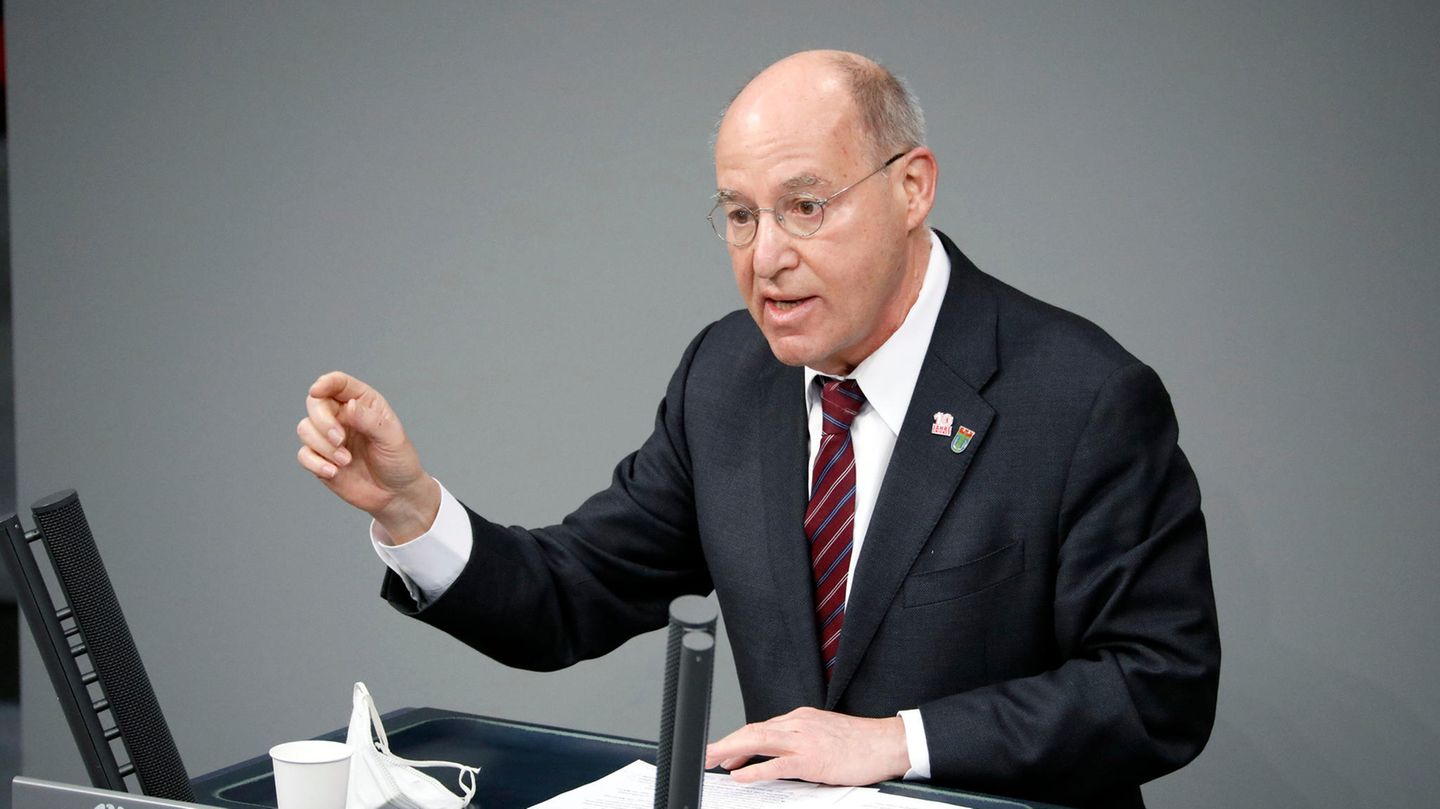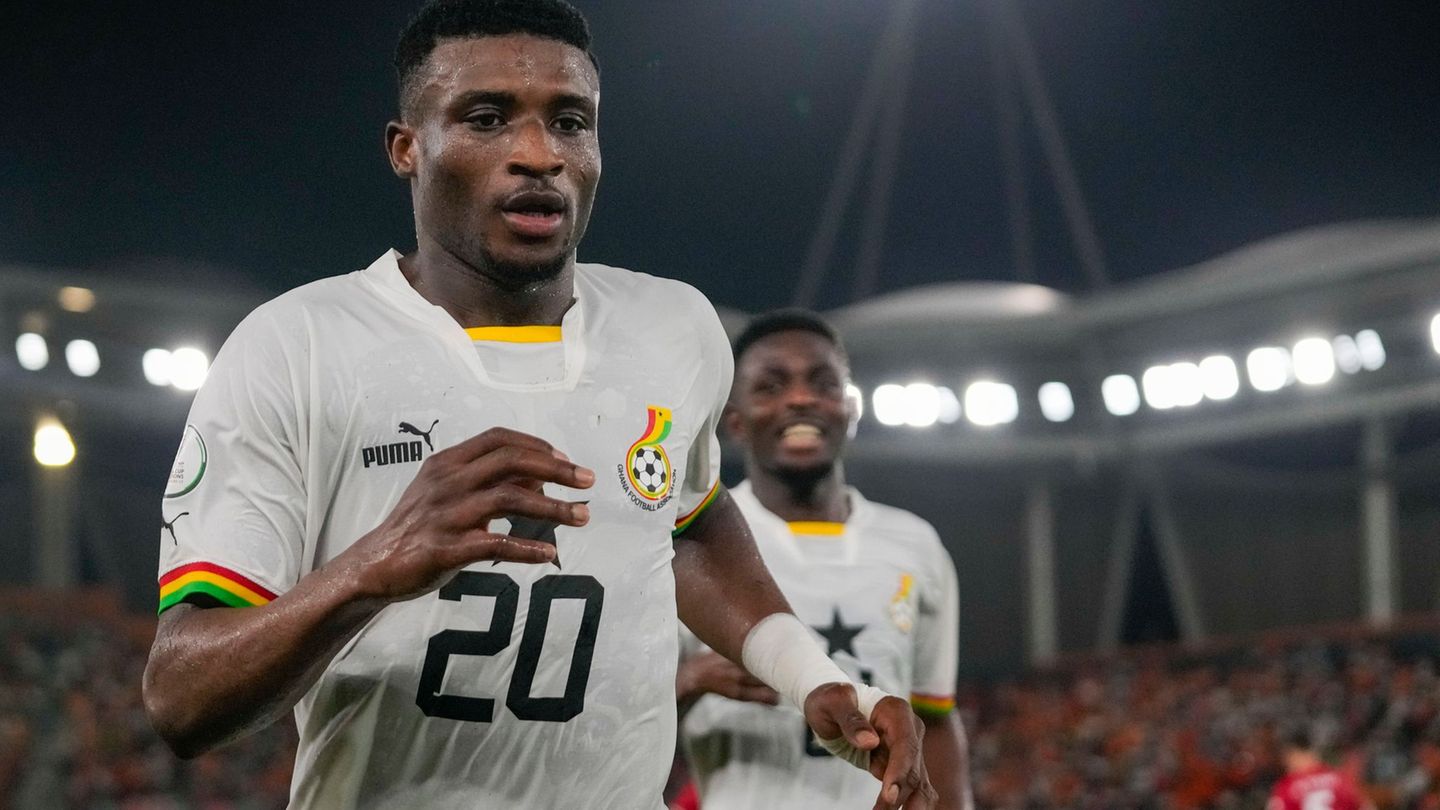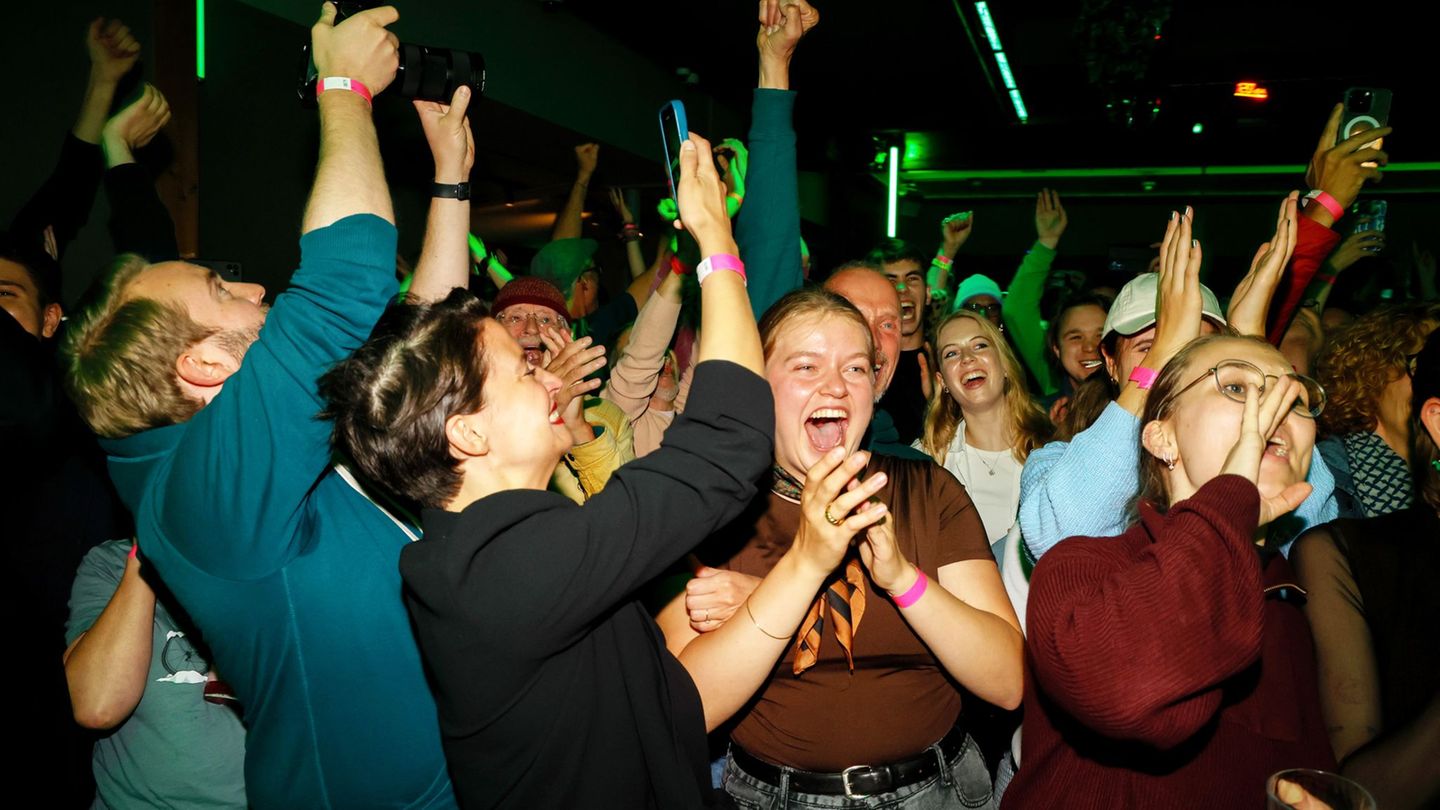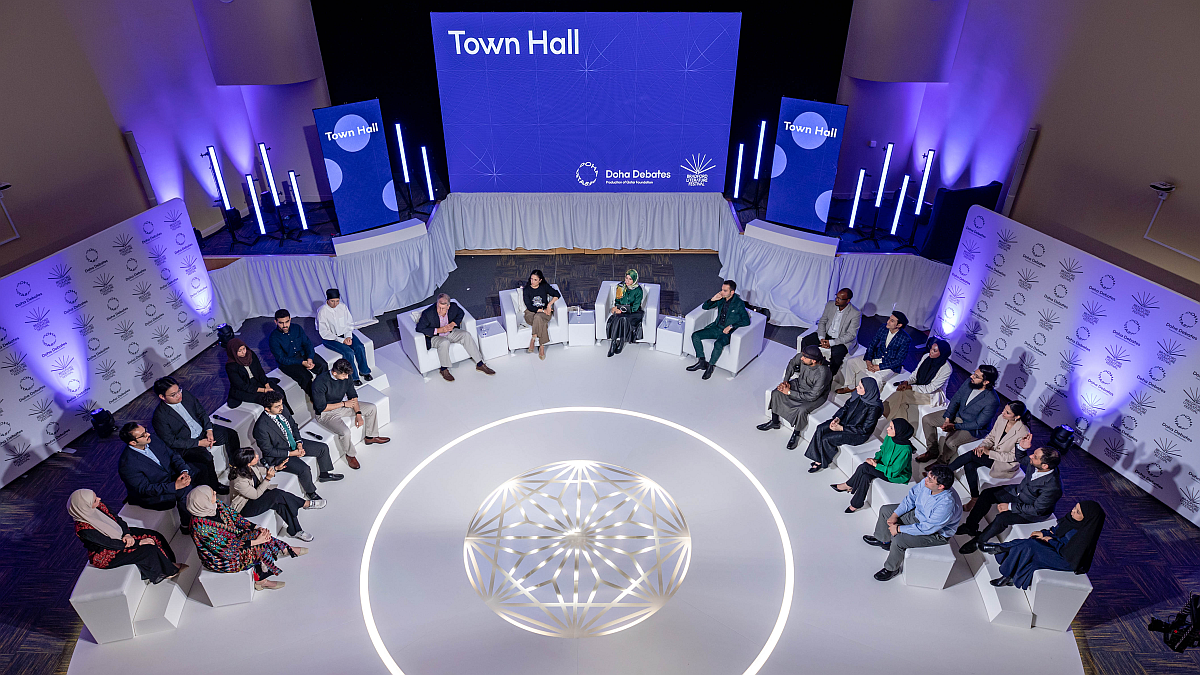In recent years, both the left and the AfD have repeatedly shown sympathy towards Russia. After the attack on Ukraine, both parties are fighting for a position. How do the political fringes position themselves?
Since the beginning of the Russian attack on Ukraine, there has been disbelief in many places. The attack caught the AfD and Die Linke cold. Behind the scenes, there are some heated arguments about the course. Both parties are known for their proximity to Russia. But now, in an emergency, there is a need to sort yourself out.
Gysi goes into open dispute with parts of his party
In the left-wing faction, the Russia question led to a scandal on the open stage after the historic special session of the Bundestag on Sunday: Foreign policy spokesman Gregor Gysi wrote an angry letter to the faction members and sharply criticized the former faction leader Sahra Wagenknecht and six other MPs. They have written a statement in which, among other things, they reject German arms deliveries to Ukraine and economic sanctions against Russia.
Gysi accuses the group around Wagenknecht of “contradicting” the line of faction leadership and party leadership. With the categorical no to arms deliveries, one denies “Ukraine’s de facto right to self-defense” and one is “indirectly in favor of giving it only the chance of unconditional surrender.” “You are only interested in saving your old ideology in every respect,” writes Gysi, implying that his party colleagues are “completely lacking in emotion” with regard to the suffering in Ukraine. And he asks a question that goes straight to the core of his party: “Don’t we have to think about ourselves too, understand a certain turning point?” He will also have to think about his role as foreign policy spokesman.
Wagenknecht countered indignantly
Wagenknecht is then outraged on their website about Gysi’s allegations. She told the German Press Agency: “I find it disgraceful to accuse myself and other parliamentary group colleagues that we showed understanding for Putin’s illegal war and no sympathy for the dead and injured.” That was “character assassination” about which she was “really appalled”. Her group voted unanimously against the motion for a resolution that the governing parties had tabled together with the Union on the Russia-Ukraine conflict, which also envisages examining further military aid to Ukraine. Gysi suggested approval and was unable to assert himself, says Wagenknecht. She doesn’t think it’s helpful that we’re now conducting this debate through the media.
She remains convinced “that we cannot end the terrible deaths and suffering in Ukraine by supplying weapons and that Germany is now starting an unprecedented rearmament program,” says Wagenknecht. She suggests making an offer to Putin through diplomatic channels – while other leaders of the faction would quietly advocate even more far-reaching sanctions.
AfD struggles for course in the Ukraine war
The AfD is hitting this crisis on its Achilles heel. Because the party has been promoting a close relationship with Russia for years. Party and faction leader Tino Chrupalla met Russia’s Foreign Minister Sergey Lavrov and appeared at a Russian Defense Ministry conference in June 2021. However, the AfD also has members who, in view of the Russian attack on Ukraine, are now not only calling for Russia to be clearly named as responsible, but also for a comprehensive change of course – as the left-wing faction in the Bundestag did at least in the plenary session on Sunday. There have been heated internal discussions about this in recent days. A further debate is expected at a parliamentary group meeting planned for next week.
In a war in which a nuclear power like Russia is involved, “there is no easy solution,” says AfD member of parliament Joachim Wundrak. The former Bundeswehr general supports the sanctions imposed on Russia. He explains that before the attack on Thursday, his party was against sanctions. At that time you wanted to do everything to de-escalate. Now, however, sanctions are “the only lever, although it is not yet clear how they work”. In any case, the federal government must ensure that Germany does not harm itself too much.
Alice Weidel refuses arms deliveries
His parliamentary colleague Petr Bystron thinks the sanctions are wrong. He is certain: “The sanctions will not change Russia’s position on expanding NATO to Russia’s borders, and they will have no impact on the course of the war in Ukraine.” In mid-February, Bystron, who is the parliamentary group’s foreign policy spokesman, said in a press release: “While the NATO partners have been practicing aggressive rhetoric and accusations against Russia in recent weeks, Russia is letting deeds speak: a large part of the Russian armed forces should withdraw from the Ukrainian border after the end of the manoeuvre.” He continued at the time: “This peace gesture by the Russian leadership shows that the threat of war and an allegedly imminent Russian invasion of Ukraine do not correspond to reality.”
The AfD parliamentary group leader Alice Weidel now calls the Russian attack a “violation of international law”. However, she rejects the German arms deliveries to the Ukrainians. When asked about a spokesman, she said: “Germany should act as an honest broker and initiate diplomatic processes. We should not intervene in combat operations by supplying weapons.”
Source: Stern
David William is a talented author who has made a name for himself in the world of writing. He is a professional author who writes on a wide range of topics, from general interest to opinion news. David is currently working as a writer at 24 hours worlds where he brings his unique perspective and in-depth research to his articles, making them both informative and engaging.




